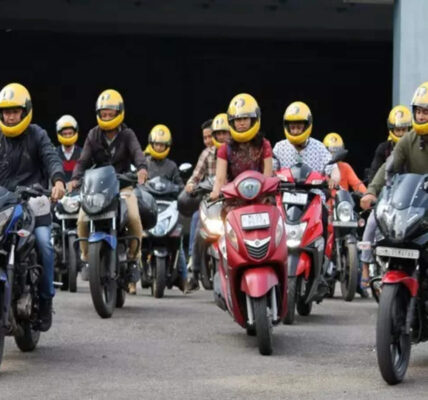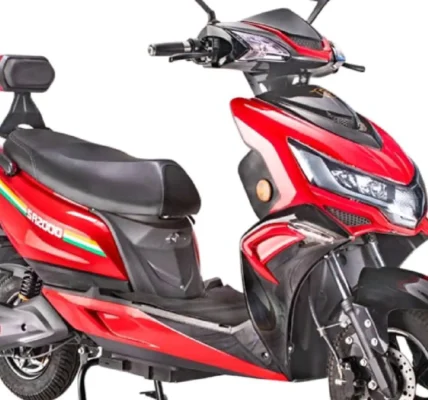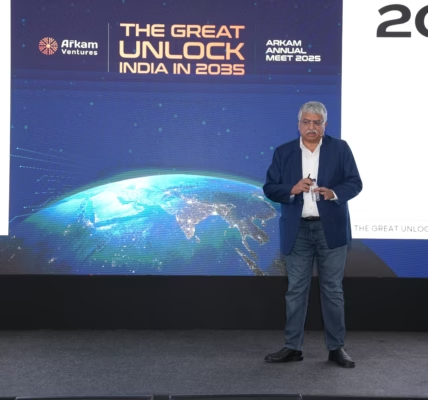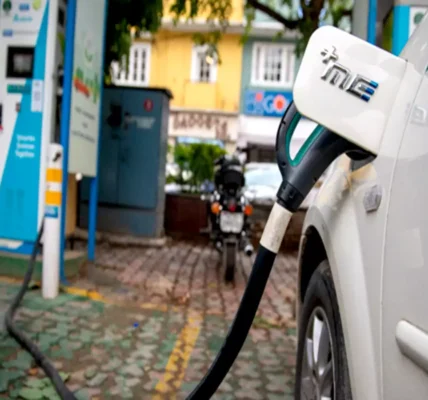Ola Electric, the leading brand in the electric two-wheeler market, has entered the electric motorcycle segment with the launch of the Roadster X series. The lineup includes five variants, with introductory prices starting at Rs 74,999.
Deliveries for the Roadster series are set to begin in mid-March. The company has been teasing the launch of its electric motorcycles multiple times. With this new addition, Ola aims to further expand its footprint in India’s growing electric vehicle (EV) market, where electric two-wheelers are gaining traction due to rising fuel costs and government incentives.)
Bhavish Aggarwal, chairman and managing director, Ola Electric, said: “Motorcycles are at the heart of India’s mobility landscape. With our electric motorcycles, we’re driving the EV revolution, as our futuristic Roadster series of motorcycles are here to accelerate EV adoption further and make electric the first choice for every rider in India.
According to Vahan data, Ola Electric’s market share reached 30 per cent by the end of January, up from 19 per cent in December.
This places Ola Electric in direct competition with other players in the nascent but growing Indian electric motorcycle market, which currently includes models like RV400 and RV300 from Revolt Motors, Ultraviolette Automotive’s F77 series, Tork Motors’ Kratos and Kratos R, and Oben Electric’s Hop Oxo.
The Roadster X is available in 2.5kWh, 3.5kWh, and 4.5kWh variants, priced at Rs 74,999, Rs 84,999, and Rs 94,999, respectively. The Roadster X+ is offered with 4.5kWh and 9.1kWh battery options, priced at Rs 1,04,999 and Rs 1,54,999. All models come with a three-year/50,000 km warranty.
Ola Electric has been expanding its EV portfolio. Before launching the Roadster X series, the company introduced its Gen 3 scooters, including the S1 Pro+ and S1 X range. Ola also launched its Gig and S1 Z scooter lineup, targeting personal and commercial users with removable battery options.
Ola Electric has been developing EVs and battery technology at its factory in Tamil Nadu, supported by its Battery Centre in Bengaluru. The company has focused on vertical integration, producing EV components and battery cells in-house. Ola operates over 800 stores across India, using a direct-to-customer sales model.







